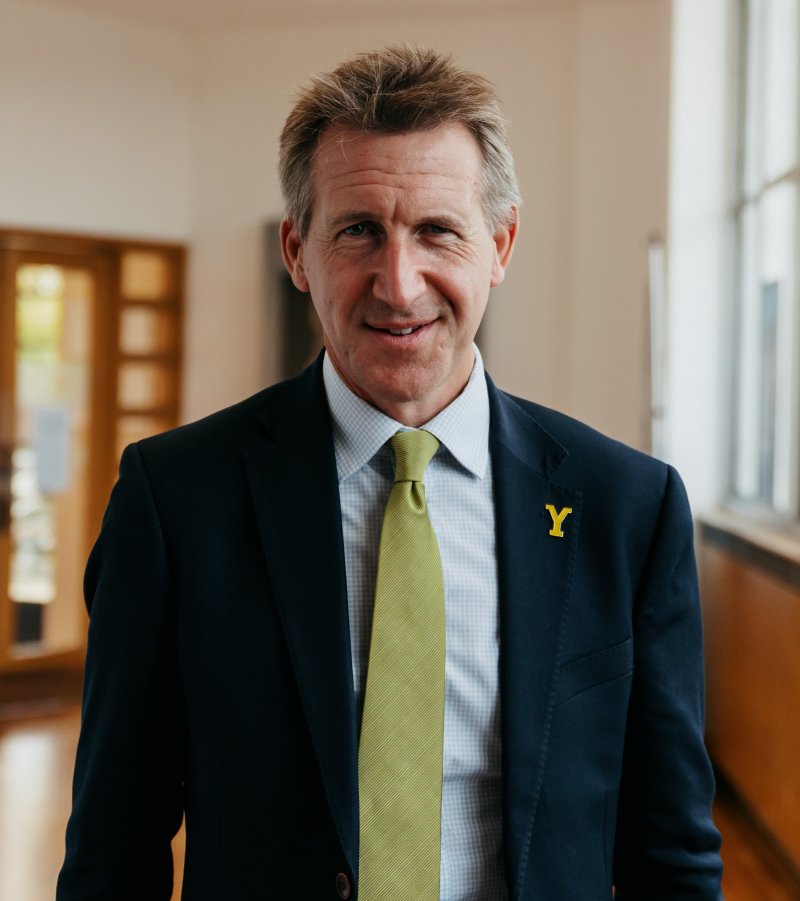COUNCIL bosses have warned tough times will continue unless ‘unsustainable’ funding packages for local authorities increase - after ruling cabinet members approved another rise in council tax this week.
A 2.99 per cent hike in basic council tax and an additional two per cent for adult social care were given the seal of approval on Wednesday.
If approved by full council later this month, the owner of a band D property will pay an additional £85.11 a year.
Council leader Sir Steve Houghton revealed an extra £35m on day-to-day running costs has been anticipated for the next financial year, and said that even with additional government funding it cannot continue meeting the costs of ‘increased demand’.
Barnsley remains in a ‘sound position’ this year - but warned the way local authorities are financed is ‘not sustainable’.
He added: “It is getting more difficult year on year as we can see across the country.
“Even some of our neighbouring councils cannot absorb the kind of cost increases and demand pressures.
“There will have to be a change to the way the local government finance system works.
“It’s not sustainable in the way it’s currently going.
“We’re not immune to the challenges faced by many councils in the UK due to the impact of more than a decade of funding cuts, demand for services linked to national issues and the economic uncertainty.
“We have a legal and moral obligation to safeguard our ongoing financial sustainability, making sure that we continue to provide excellent services for our residents and avoid the even worse position faced by other councils up and down the country.”
A report into the council’s financial commitments and subsequent future borrowing needs showed the local authority now has a debt totalling more than £800m - prompting opposition councillors to question if Barnsley would be in danger of following Birmingham City Council’s declaration of bankruptcy.
Local authorities’ external debts - which refers to the amount councils owe through either short-term or long-term loans - is capped at just over £1bn through the Local Government Act and Barnsley’s figure topped £836m at the end of the 2022/23 financial year.
“Additional services pressures have put significant demands on the council’s finances,” Sir Steve added.
“However, we have plans in place to deal with these through increased efficiencies and the use of reserves.
“This means that the council remains on course to produce a balanced budget by the end of the financial year in March 2024.
“Unlike other councils that are struggling to meet these demands, Barnsley’s overall financial position remains sound.
“The government will need to recognise the huge pressures which exist in local government and reflect these in improved grant settlements to local authorities.
“This will be needed to make sure the sector overall can continue to meet its statutory obligations.”
Finance bosses previously admitted the council holds higher-than-normal levels of debt compared to its neighbours, chiefly due to the town centre investment in the Glass Works regeneration scheme.
An audit and governance meeting, set to be held at Barnsley Town Hall on Tuesday, will delve further into the council’s financial position.
Coun Robert Frost, cabinet spokesperson for core services, said: “It will become increasingly difficult to balance the budget in future, as the demand and cost of services continues to outstrip available funding.”



























